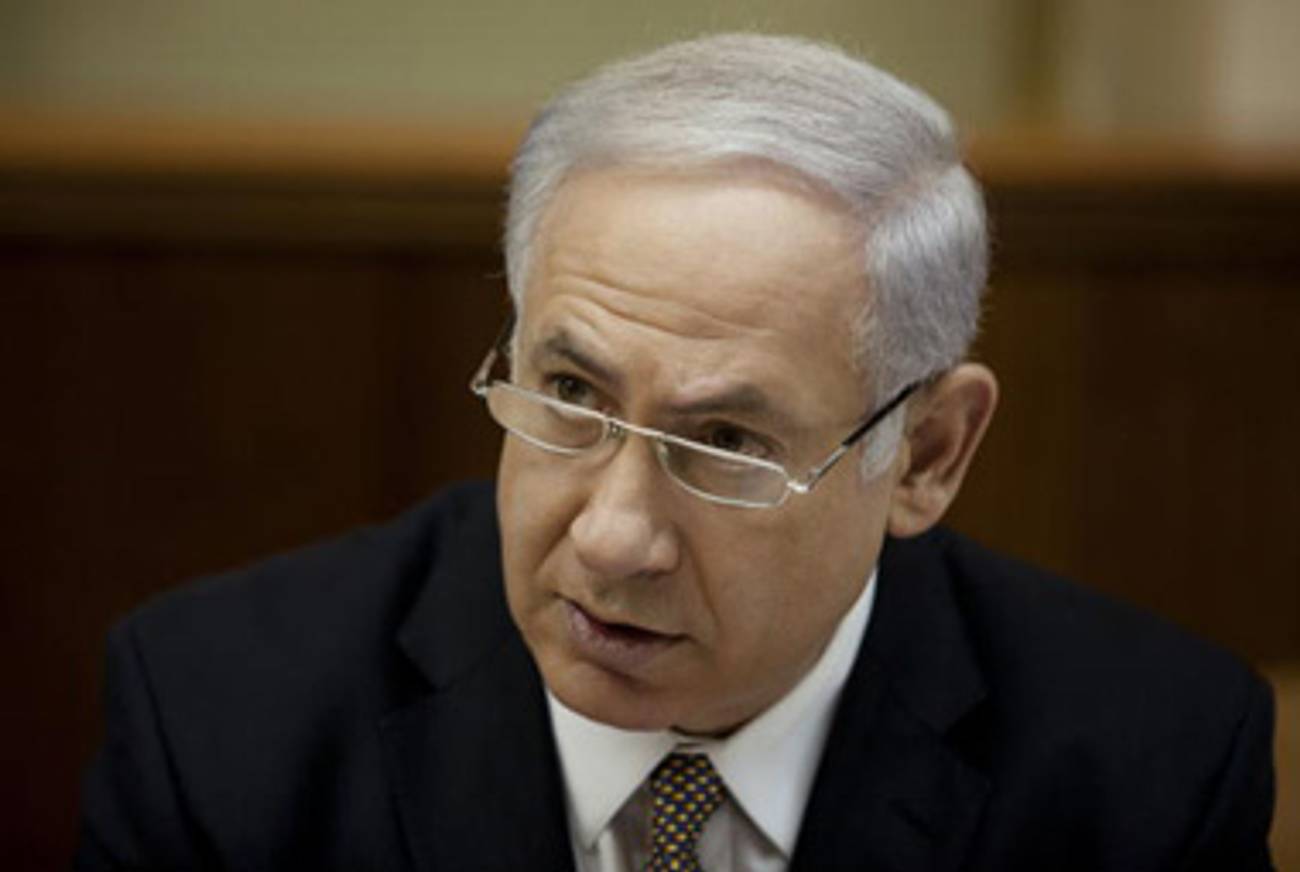Direct Peace Talk
The freeze extension is the only issue right now




Are there impending direct peace talks between Prime Minister Netanyahu and President Abbas, or an impending direct peace talk? The September 2 session in Washington, D.C., will last one day only, and will deal with one subject only: The West Bank construction freeze, currently scheduled to expire on September 26 (which, naturally, is right after Sukkot, the ultimate holiday of building).
While that freeze is but the tip of very, very large iceberg of issues concerning Israeli-Palestinian peace, in a sense it is the only one worth talking about: Abbas has said peace talks will end if the freeze is not extended, period. The way out of this, say some on both left and right, is that Abbas could agree to recognize a freeze extension that excludes recognized settlements around Jerusalem, which, most assume, will be located in Israel proper under any comprehensive final deal. (It’s worth remembering, also, that Abbas has already moved on this issue: Earlier this year, he nixed direct talks without a freeze in East Jerusalem.)
And yet! Even a limited freeze seems too much to ask from the hawks in Netanyahu’s Likud Party. (Opposition leader Tzipi Livni, by contrast, is tentatively backing negotiations.) And any talks whatsoever are “illegitimate,” if you consult Hamas: The results “do not obligate our people to anything,” the group’s head, Khaled Meshal, insisted.
Actually, as things look right now, the party that stands the most to lose if either side (or both sides) decides to take its toys and go home is the United States, which is hosting the talk(s) and has pegged the peace process to them. Which is why envoy George Mitchell and a senior administration official have been demanding that neither side rock the boat. If the talks fall apart, Obama looks weak and bad. If, however, Obama is able to solve the impasse, he comes out looking pretty great. Will fortune favor the bold?
‘Direct Talks’ Scheduled for a Total of One Day [Arutz Sheva]
End of Settlement Freeze Could Derail Mideast Talks [Washington Times]
U.S. Warns Israel, Palestinians: Refrain from Harming Peace Talks [AP/Haaretz]
Earlier: Direct Talks, Next Month
Marc Tracy is a staff writer at The New Republic, and was previously a staff writer at Tablet. He tweets @marcatracy.